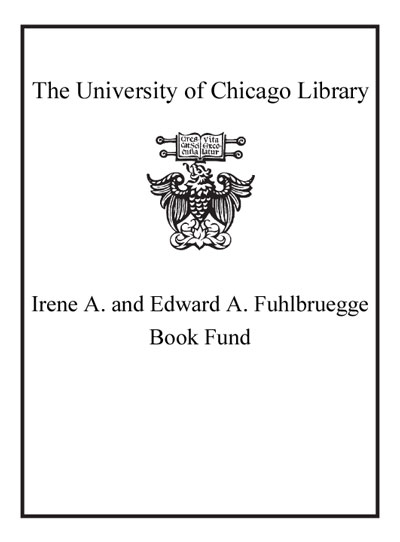Review by Choice Review
In this unusual combination of academic scholarship and personal journalism, Burbick (American studies and English, Washington State Univ.) provides a brief history of the gun rights movement in the US from Buffalo Bill Cody through the contemporary National Rifle Association. She points out that since the 1960s, the movement has focused on gun ownership as a way to protect decent citizens from criminal (and recently terrorist) activity; earlier, hunting and target shooting were the primary rationales for private citizens to own guns. Burbick's journalistic segments are based on visits to dozens of gun shows nationwide during the past several years, at which she interviewed hundreds of gun owners and rabid Second Amendment supporters. She treats them fairly, noting, for example, "[W]ith religious gun owners, I often found ordinary [people] trying to make sense of a decadent and dying society." Burdick ends, however, with a ringing critique of gun culture, concluding that "the Second Amendment has become a political weapon to stop democratic processes," a threat to the very values that many gun owners think they are protecting. More readable and accessible than scholarly tomes like William Vizzard's Shots in the Dark (CH, Jun'01, 38-5638). Summing Up: Highly recommended. All libraries. A. O. Edmonds Ball State University
Copyright American Library Association, used with permission.
Review by Booklist Review
To limn the pro-gun demographic, Burbick immersed herself in gun culture, visiting trade shows and conventions and interviewing exhibitors and attendees. She paints the picture of a committed, betimes compulsive community that so reveres the Second Amendment that, for many of its members, gun ownership and culture dominate their political and social views if not quite their entire lives. She opens by considering how the egotistic ballyhoo of Buffalo Bill Cody's biography and his barnstorming Wild West Show fostered popular ideas of the frontier and the booming cultural industry of Westerns, molding a popular image that animates gun enthusiasts and colors politics to this day. Careful in her conclusions, lively in her writing, she offers great insight into such contemporary political players as the NRA and the sort of Old West vogue that made Reagan a romantic vote getter. --Mike Tribby Copyright 2006 Booklist
From Booklist, Copyright (c) American Library Association. Used with permission.
Review by Publisher's Weekly Review
Tenaciously exposing the role guns play for many Americans in their national and political identity, Burbick (Rodeo Queens and the American Dream) talks to gun owners, sellers, lobbyists, grassroots organizers and policy makers as she tours gun shows, gun-rights conventions and National Rifle Association gatherings across the land. Mining the history of gun manufacturing and shooting magazine editorials, she charts how the gun industry has successfully marketed its products using the image of the patriotic, law-abiding civilian shooter. She describes Civil War-era white fears of armed blacks and shows how the Second Amendment rights movement was born of the social unrest of the 1960s. She argues that conservatives responded to blacks' and women's demands for rights by talking about the right to defend oneself with a gun. Burdick also tracks the tactical courtship of the gun lobby by presidents and politicians from Ronald Reagan and Jesse Helms to George W. Bush. Burdick highlights the prevalence of white, middle-aged men, misogyny and the paradoxical belief that the gun itself is capable of stopping violence. Noting that an anxious, self-justifying white settler identity underpins the Christian patriotism of the religious right, Burdick catalogues a culture that dwells imaginatively in a mythologized frontier past. (Oct.) (c) Copyright PWxyz, LLC. All rights reserved
(c) Copyright PWxyz, LLC. All rights reserved
Review by Choice Review
Review by Booklist Review
Review by Publisher's Weekly Review

